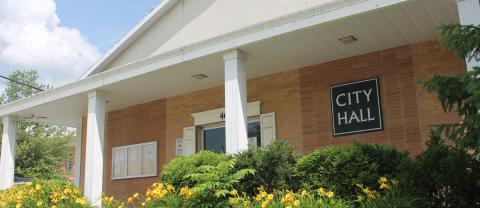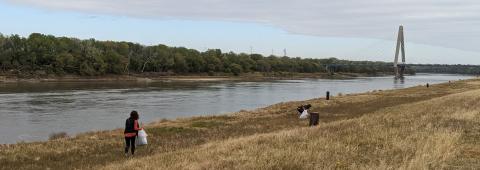MGT452: Physical and Cybersecurity for Critical Infrastructure is an eight-hour course delivered two different days. The national and economic security of the United States depends on the reliable functioning of critical infrastructure. This course encourages collaboration efforts among individuals and organizations responsible for both physical and cybersecurity toward development of integrated risk management strategies that lead to enhanced capabilities necessary for the protection of our Nation’s critical infrastructure.
Participants will identify physical and cybersecurity concerns impacting overall infrastructure security posture, examine integrated physical and cybersecurity incidents and the evolving risks and impacts they pose to critical infrastructure, and explore resources that can be applied to improve security within an organization, business, or government entity.
Registration is reserved for emergency services personnel employed in the nine-county Kansas City metropolitan area: Cass, Clay, Jackson, Platte and Ray counties in Missouri and Leavenworth, Johnson, Miami and Wyandotte counties in Kansas. Travel costs are not provided.






